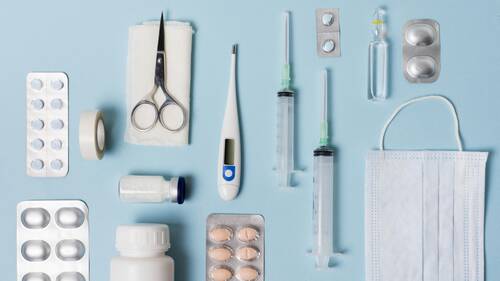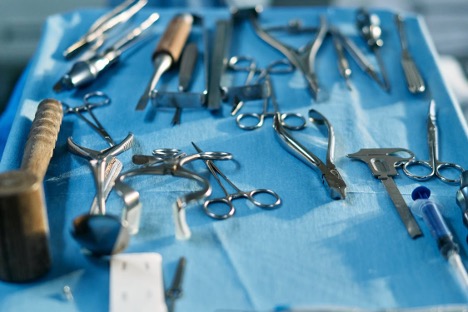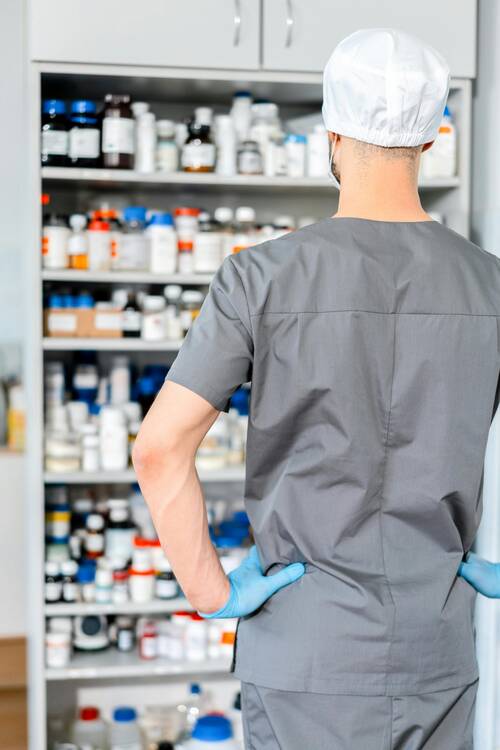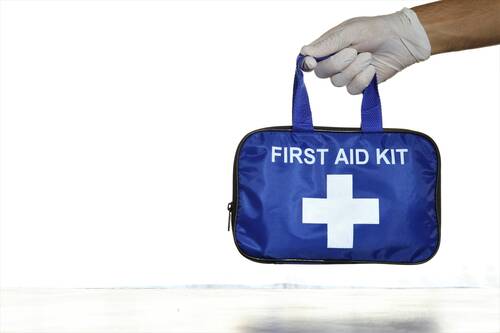Medical Equipment, Technology / 01.03.2025
Contract Engineering Essential for Scaling Your Medical Device Manufacturing
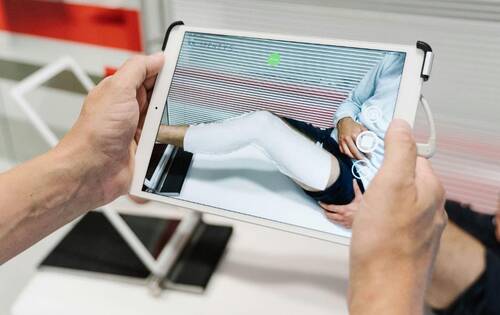 As a small to medium-sized company in the medical device, biotech, or industrial sectors, scaling up your manufacturing capabilities can be one of the most challenging—and critical—phases of your product’s lifecycle. Whether you’re moving from a prototype to full-scale production or trying to meet growing demand, the need for reliable, efficient, and high-quality manufacturing is paramount. This is where contract engineering comes into play.
Contract engineering is an increasingly popular solution for companies looking to scale their medical device manufacturing. By partnering with contract engineering firms, businesses gain access to specialized expertise, advanced technologies, and the flexibility needed to navigate the complexities of the manufacturing process. In this article, we’ll explore why contract engineering is essential for scaling your medical device manufacturing and how it can help you meet regulatory requirements, reduce costs, and accelerate time to market.
(more…)
As a small to medium-sized company in the medical device, biotech, or industrial sectors, scaling up your manufacturing capabilities can be one of the most challenging—and critical—phases of your product’s lifecycle. Whether you’re moving from a prototype to full-scale production or trying to meet growing demand, the need for reliable, efficient, and high-quality manufacturing is paramount. This is where contract engineering comes into play.
Contract engineering is an increasingly popular solution for companies looking to scale their medical device manufacturing. By partnering with contract engineering firms, businesses gain access to specialized expertise, advanced technologies, and the flexibility needed to navigate the complexities of the manufacturing process. In this article, we’ll explore why contract engineering is essential for scaling your medical device manufacturing and how it can help you meet regulatory requirements, reduce costs, and accelerate time to market.
(more…)

